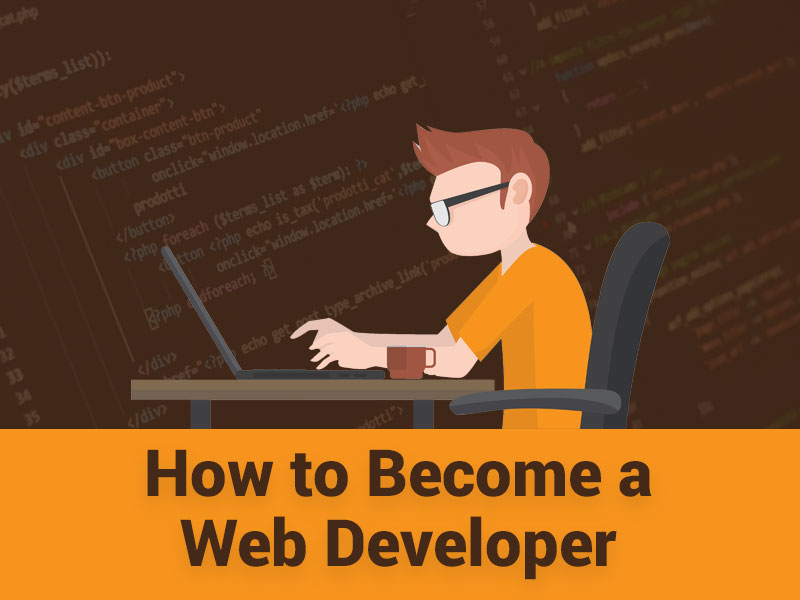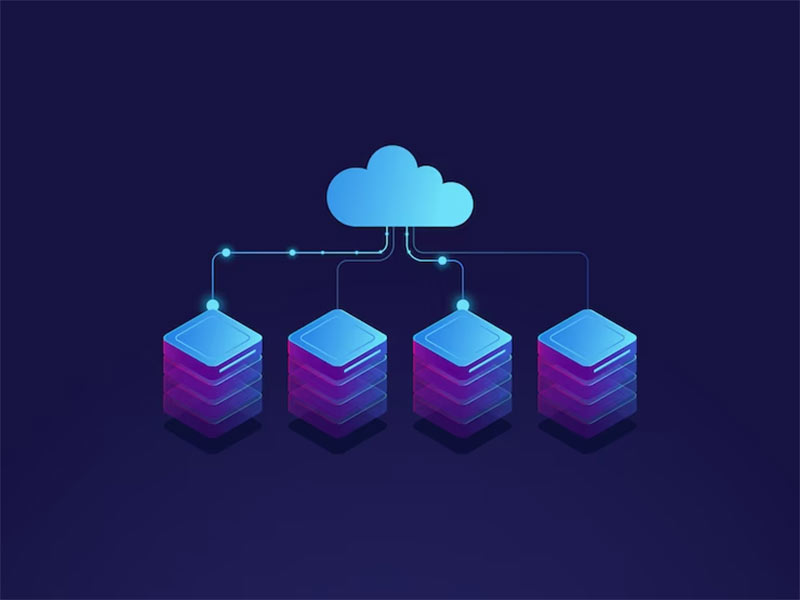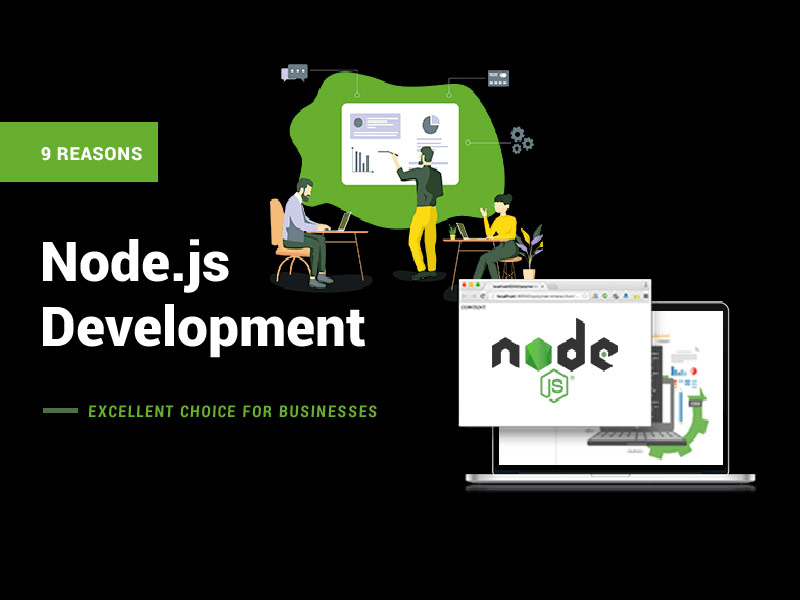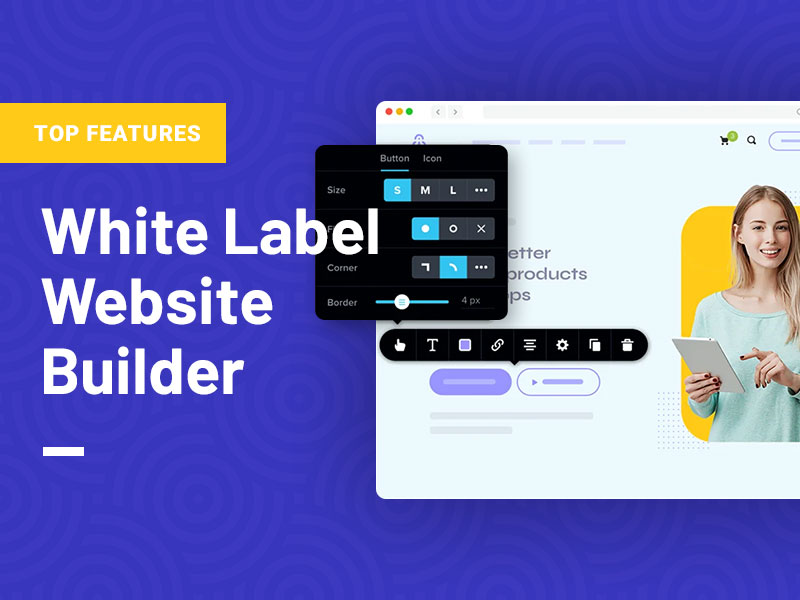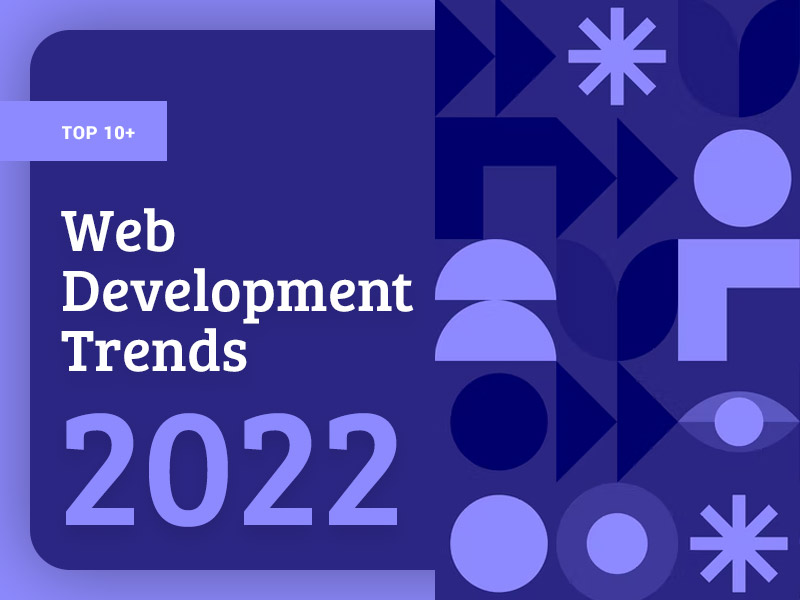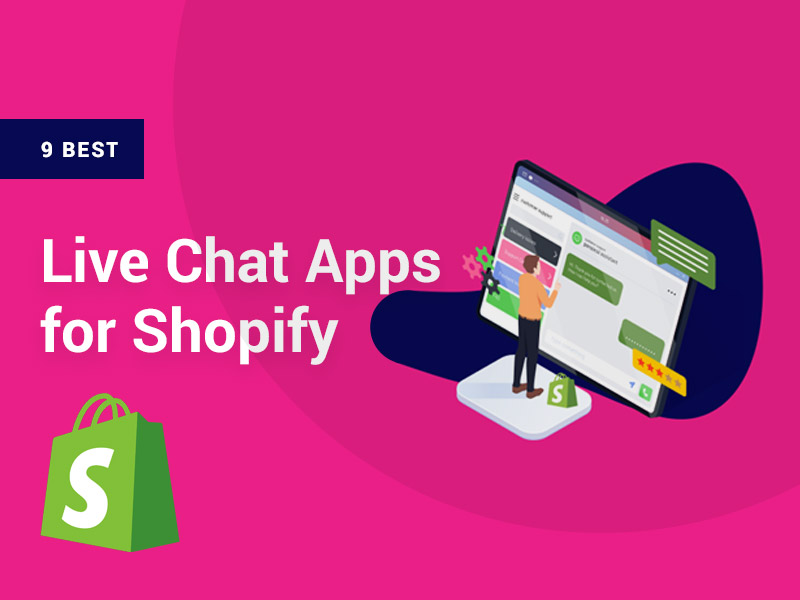Web development is one of the most lucrative skills to have. Who can’t benefit from a website in today’s marketplace? Any entity from a freelancer or a big conglomerate who wants to have an online identity, reach and communicate with the masses, or sell something would first need a website.
Before knowing how to become a web developer, let’s first clear a common misconception.
Is a Web Designer the Same as a Web Developer?
The answer is – NO. A web designer is a graphic artist who designs visual aspects of websites using Photoshop, Adobe Illustrator, etc.
A web developer develops and maintains the core structure of a website. They convert web designs created by web designers into a functional website using HTML, JavaScript, PHP, Python, etc.
6 Steps to Becoming a Web Developer
One of the advantages of becoming a web developer is you can work for an employer to start your own business. But first, you need to:
1. What’s your Ikigai?
Sadly, the notion of doing what you are passionate about is wrong. Passion is a fleeting emotion. Human beings can have a flux of passions throughout their lives as they get opportunities to explore new things in life. Not every career-deciding individual like you would have enough exposure to life experiences to choose something they’re passionate about.
And, in case you know what your passion is, how sure are you that it will stand the test of time? Passion is an intense, uncontrollable desire and, therefore, transient, so it isn’t wise to base your career choice solely on it.
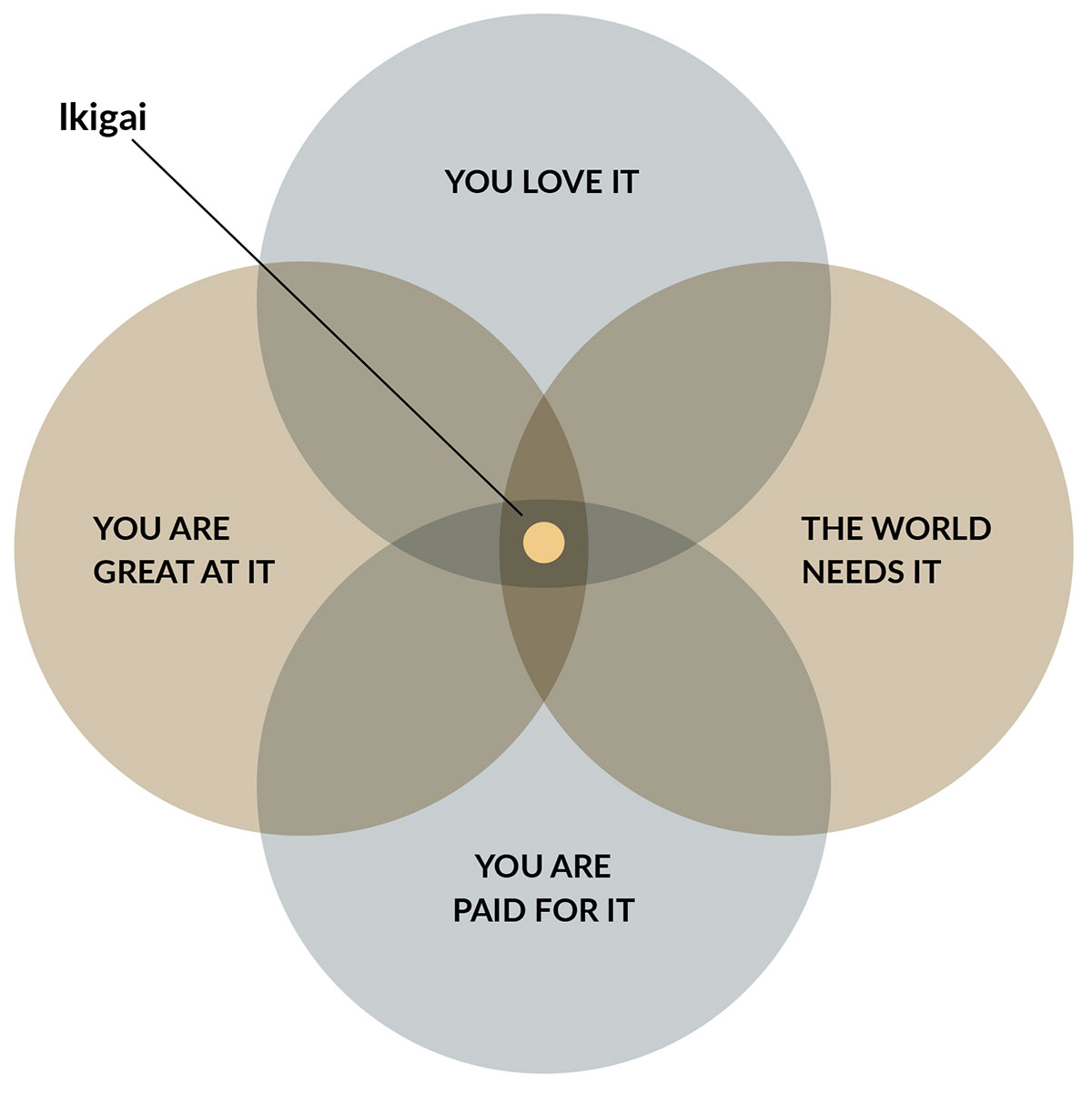
So, now replace the word “passion” with “Ikigai“. It is a Japanese term both more elaborate and precise to help you choose a vocation – a kind that’ll help you feed both your belly and soul. The image above explains its concept.
2. More questions to ask
We understand finding your Ikigai is ideal and achieving it could be difficult. However, focusing on Ikigai rather than passion will help you factor in multiple important points while making a career choice. A choice that would be sustainable and rewarding.
To know if web development is your Ikigai (or somewhere near), ask yourself these questions:
- Can you do it easily?
- Do you want to do it for an adequate part of your life?
- How well do you think you can get at it?
- How well will it pay?
- How easy would it be for you to create websites if you’re having a bad day?
- Is there a demand for it?
- Does it offer value to society?
- Do you want to be known as someone associated with it or any of its branches at 60?
If answers to all questions are Yes – read on.
Then, clear your basics!
3. Choose an area of web development
What type of web development would you choose?
Do you prefer logic and problem solving or design and aesthetics? If yes, you’ll enjoy backend web development. Backend development is everything you can’t see on a website. Backend developers make the website functional and maintain it. They design databases using Python, PHP, or CSS.
If you prefer design and visuals, you’ll enjoy front-end web development. Front-end creates everything you click and interact with on a website. Their focus is on user experience.
If you prefer both, you can be a full-stack developer. Along with coding web pages using HTML, CSS, and JavaScript, they set up and configure servers, code APIs, query databases, etc.
4. Get formal qualification
An aspiring web developer must obtain an education to develop basic coding and programming skills. In most cases, this is a computer science degree program with core courses in systems design, data management, and essential programming languages like HTML, CSS, C+, Java, PHP, Python, etc., used by professionals.
Though you may also enter the field without a computer science degree. Undergraduate degrees and certificates in software development, programming, and graphic design are also accepted.
Many educational programs can also be done online.
- Certificate course – 1-2 years
- Associate degree in computer science – 2 years
- Bachelor’s degree in computer science – 4 years
- Master’s degree in computer science – 2-3 years after graduation
5. Gain some practical experience
Internships and freelancing are the best way to gain practical experience without waiting for your website development course to complete.
Internships are either paid or unpaid. You may also land a full-time role post-internship in an organization. Alternatively, you can get freelance work from an organization or even an individual.
Here are platforms to find web development internships and freelance work:
Internships – LinkedIn, Indeed
Freelance – LinkedIn, Upwork, Fiverr
You can also ask around in your neighborhood or social network and see if anyone has a need for a website. Offering discounted work as you learn to friends and family is a great way to gain experience.
6. Create a portfolio
A good portfolio is a quick pass to clear interviews quickly and land a job or get more work. It also helps you keep track of your achievements. As a web developer, you can create your own website that showcases your work. Here are some cool web developer portfolio ideas to inspire you.
Conclusion
Web development is extremely in demand. Good training can help you gain great opportunities and create a successful career. We hope you found this article of help. Stay tuned to hotskills.com for more such content.
